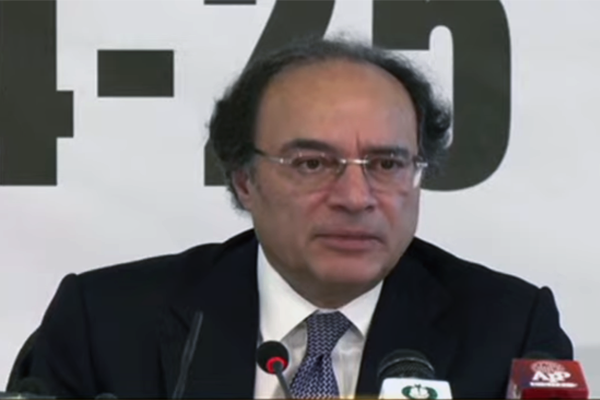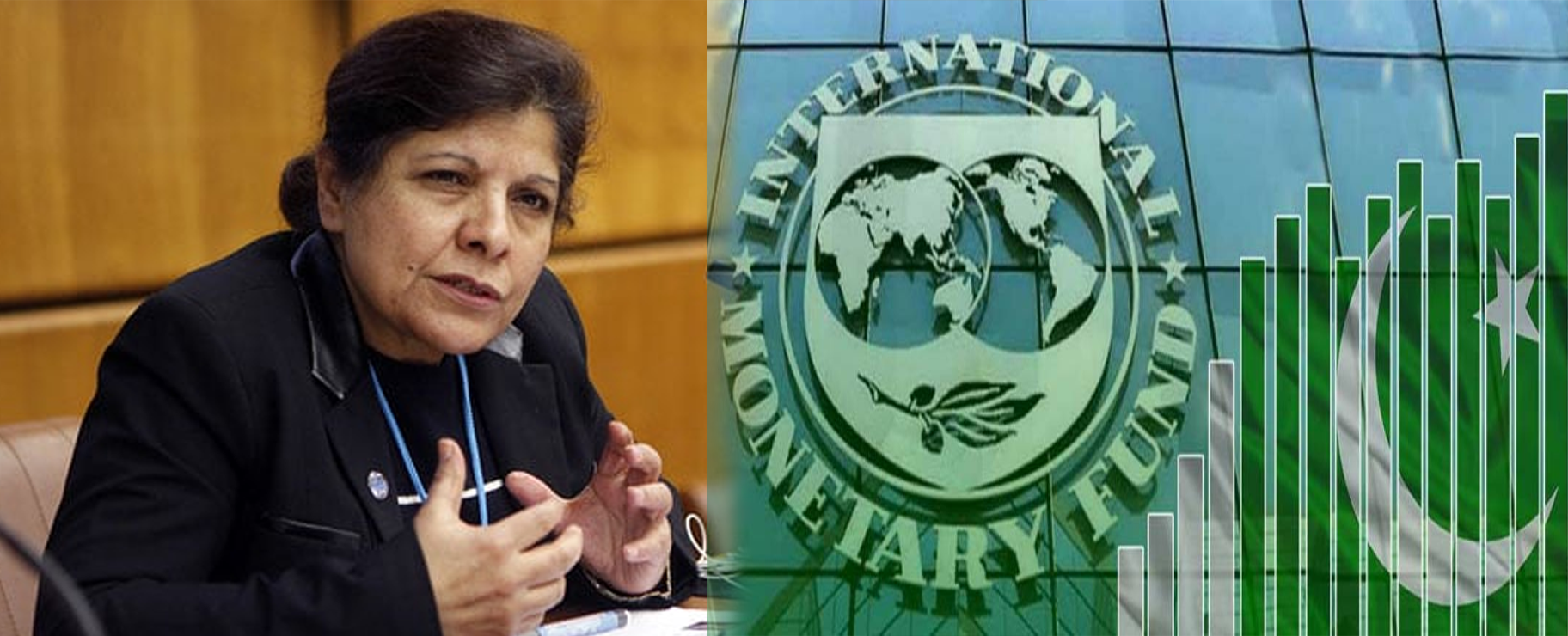Federal Finance Minister Mohammad Aurangzeb has indicated the potential for further cuts in interest rates, signaling a proactive approach to stimulating economic growth in Pakistan. Speaking at the Karachi Chamber of Commerce, Aurangzeb emphasized the critical role of macroeconomic governance in achieving sustainable economic development. He noted that structural issues within the economy often lead to balance of payment problems when growth accelerates.
Aurangzeb stressed the importance of contributions from all sectors, including retailers, builders, and realtors, to the overall economy. He underscored the need for a collective effort to address the country’s economic challenges. Highlighting the provincial nature of agricultural taxes, Aurangzeb expressed optimism that provincial governments would take the necessary steps to implement these taxes effectively.
While discussing the potential for further interest rate cuts, Aurangzeb acknowledged that such decisions ultimately lie with the State Bank of Pakistan. However, he conveyed his optimism that the State Bank would gradually lower interest rates, which would, in turn, boost economic activity. This potential move is seen as part of a broader strategy to enhance economic stability and growth.
In his address, Aurangzeb shared insights from his recent meetings with banks, urging them to avoid directed lending practices. He emphasized that banks should not secure loans against houses or cars but instead focus on lending to farmers and small businesses. This shift in lending practices is aimed at boosting economic activity at the grassroots level and fostering a more inclusive economic environment.
Aurangzeb also touched upon efforts to right-size ministries, referencing a report on ministry downsizing that was prepared during Imran Khan’s tenure but never implemented. He highlighted the necessity of implementing these recommendations to improve the efficiency and effectiveness of government ministries.
To avoid overburdening the salaried class, Aurangzeb stressed the importance of broadening the tax net. He called for every sector to contribute to the tax base, ensuring a fairer distribution of the tax burden. This approach, he argued, is essential for achieving long-term economic stability and growth.
A significant point in Aurangzeb’s speech was his revelation that the Sindh Chief Minister had agreed to move towards legislation for taxing the agricultural sector. This move is seen as a critical step in addressing one of the longstanding issues in Pakistan’s tax system. By bringing the agricultural sector into the tax net, the government aims to increase its revenue base and reduce fiscal deficits.
Aurangzeb concluded his speech by emphasizing the need to address balance of payments issues and increase monthly exports to $4 billion. He highlighted the importance of export growth as a key driver of economic stability and development. By increasing exports, Pakistan can improve its foreign exchange reserves, reduce trade deficits, and enhance its overall economic resilience.
The Federal Finance Minister’s speech at the Karachi Chamber of Commerce underscores the government’s commitment to implementing structural reforms and fostering a more inclusive and resilient economy. By focusing on macroeconomic governance, broadening the tax base, and encouraging banks to support small businesses and farmers, the government aims to create a more robust economic environment.




